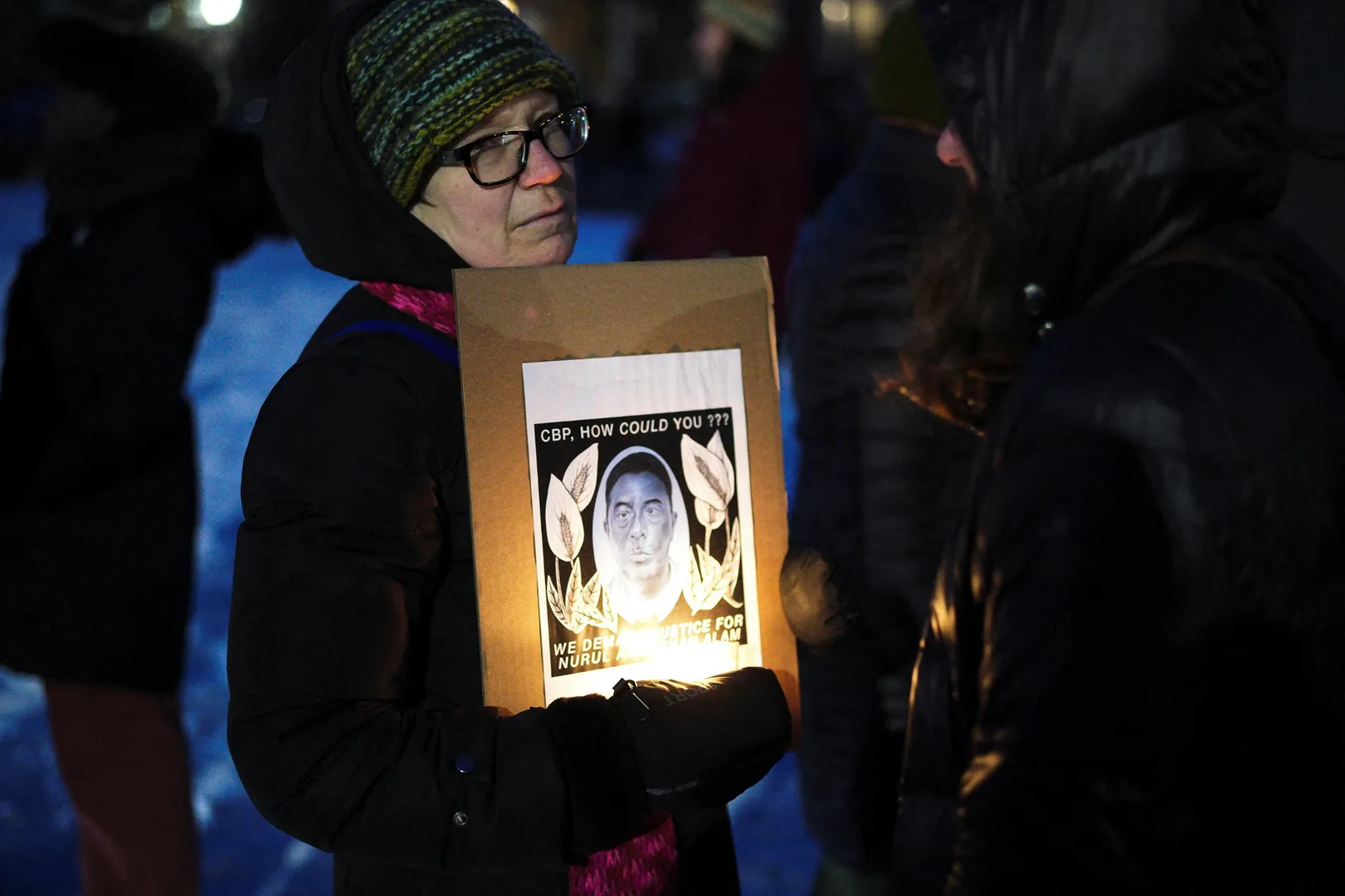Near-blind Rohingya refugee found dead after border patrol release | Migration
Outrage in New York after 56-year-old Rohingya refugee Nurul Amin Shah Alam, nearly-blind and medically vulnerable, was found dead days after US Border Patrol agents released him at a Tim Hortons restaurant miles from home. Officials say it was a “courtesy ride”.
Published On 27 Feb 2026
